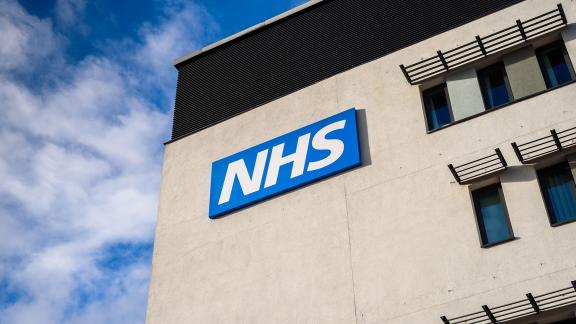Lack of capital funding impacts NHS productivity, patient safety and performance

Responding to the new National Audit Office (NAO) report showing the maintenance backlogs across key public services are estimated to be at least £49 billion, Matthew Taylor, chief executive of the NHS Confederation, said:
“This report is further evidence of the enormous impact that starving services of vital capital funding is having. The cost to eradicate backlog maintenance in the NHS alone has risen to a staggering £13.8billion – more than the £13.6 billion total cost of running the entire NHS estate.
“Our members report that there is a real risk to patient safety if key repairs and developments continue to be delayed due to lack of funding. Not only do crumbling and dilapidated buildings make it more difficult to keep patients safe, but they hamper productivity and impede efforts to improve performance. It is also a waste of scarce public money to have to prop up old buildings.
“As Lord Darzi pointed out, the NHS has been given insufficient capital, with capital funding pots being raided time and again to prop up deficits which stemmed from a decade of underinvestment.
“NHS leaders consistently tell us that a lack of capital is limiting their ability to tackle backlogs and boost productivity. So our members welcomed this government’s commitment to boosting capital funding in the October Budget as a welcome first step to putting the NHS on a sustainable footing.
“But the new funding is still £3.3 billion short of what leaders think we need. Ahead of the upcoming spending review we hope the government will consider the bigger picture on capital, and particularly how changes to the way capital funding is allocated could ensure more efficient and effective spending to support its three shifts for the NHS. It is also important that the capital we have is used as efficiently as possible. We will be publishing a report shortly setting out proposals for reforming how existing capital spending for healthcare is allocated and spent.”



